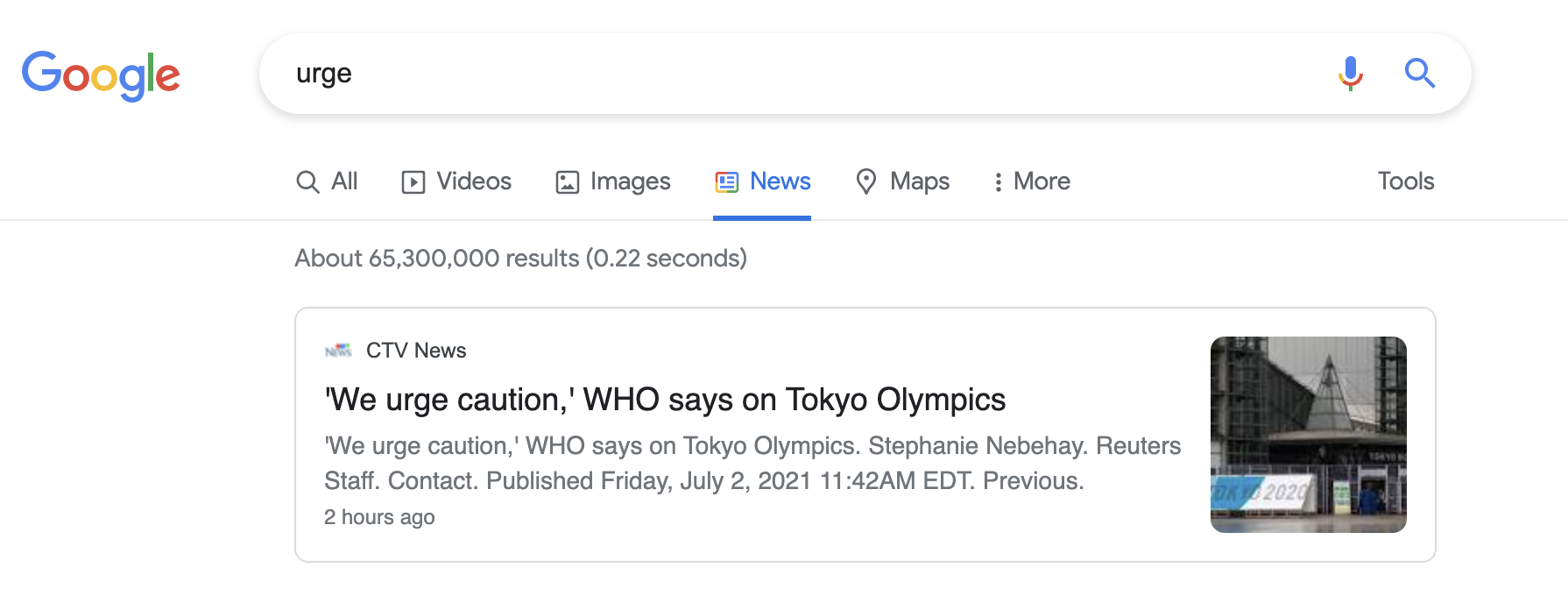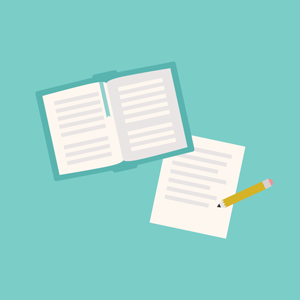Share this post
What do you do when you see or hear a new word in English? Your English teacher probably encourages you to write the new word down or use it in a sentence. I urge you to go a few steps further.
The word URGE can be used as a mnemonic device (memory trick). Each letter in this word can help you remember new vocabulary.
U Is for Understand
The more you understand about a word, the more likely you are to remember it. To really get to know a word, you need to study it and record your findings. Here are some good things to learn about a word:
- spelling
- part(s) of speech
- pronunciation
- collocations (words that often go together)
- synonyms / antonyms
- formality
- prefix / root / suffix
- meaning(s)
- origin
I urge you to create your own vocabulary cards to help you really get to know new words. Ask your teacher for a copy of the Basic IPA Chart to help you add the pronunciation note. Here is an example of a vocabulary record for a new word.
urge \'ərdʒ\
The word "urge" can be a noun (n.) or a verb (v.).
As a verb, it means to strongly persuade someone.
- I urge you to try this method for learning new vocabulary.
As a noun, it means a strong need or desire.
- My student from France has an urge to move to Canada.
Synonyms of the verb are persuade or encourage. Antonyms are deter or discourage.
Synonyms of the noun are need, longing, or craving.
Some related words are urgent (adj.) and urgency (n.). These words relate to things that require immediate attention.
R Is for Relearn
According to science, it is very easy to forget new words! You need to relearn a word soon after you first learn it if you don't want to forget it. Relearning information in a slightly different way each time also helps you remember it. Here are some ideas:
- review new vocabulary cards daily (then weekly/monthly after you think you know the words well)
- write an additional example sentence or synonym each time you review a word
- look up your new word in a different dictionary each time you review it
Study Skills
Learn about The Forgetting Curve in this Real-World Reading resource. Ask your teacher to assign this lesson!
G Is for Google
Google your new word and look at the results in different filters (Images, News, Videos). Try to find the word in news headlines.

Warning: You may find adult content. I urge you NOT to filter to Google images with kids nearby.
E Is for Everywhere (and Everyone)
If appropriate, use your new word everywhere you can. Tell everyone you learned a new word and teach it to anyone who is unfamiliar with it. Don't be surprised if you start to see and hear your new word everywhere you go.
Leave a Comment
I urge you to invent a mnemonic device every time you're trying to remember something. In fact, you can even use the URGE method to learn and remember the word mnemonic. Please use the comments to share a word you recently learned. What tricks did you use to remember it?
Comments
There are no comments on this post. Start the conversation!


